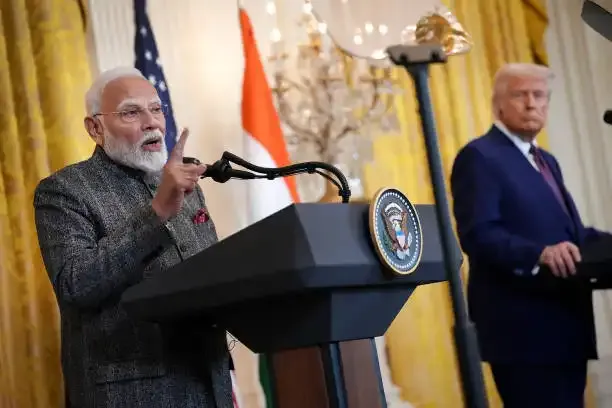Shopping cart
Your cart empty!
Terms of use dolor sit amet consectetur, adipisicing elit. Recusandae provident ullam aperiam quo ad non corrupti sit vel quam repellat ipsa quod sed, repellendus adipisci, ducimus ea modi odio assumenda.
Lorem ipsum dolor sit amet consectetur adipisicing elit. Sequi, cum esse possimus officiis amet ea voluptatibus libero! Dolorum assumenda esse, deserunt ipsum ad iusto! Praesentium error nobis tenetur at, quis nostrum facere excepturi architecto totam.
Lorem ipsum dolor sit amet consectetur adipisicing elit. Inventore, soluta alias eaque modi ipsum sint iusto fugiat vero velit rerum.
Sequi, cum esse possimus officiis amet ea voluptatibus libero! Dolorum assumenda esse, deserunt ipsum ad iusto! Praesentium error nobis tenetur at, quis nostrum facere excepturi architecto totam.
Lorem ipsum dolor sit amet consectetur adipisicing elit. Inventore, soluta alias eaque modi ipsum sint iusto fugiat vero velit rerum.
Dolor sit amet consectetur adipisicing elit. Sequi, cum esse possimus officiis amet ea voluptatibus libero! Dolorum assumenda esse, deserunt ipsum ad iusto! Praesentium error nobis tenetur at, quis nostrum facere excepturi architecto totam.
Lorem ipsum dolor sit amet consectetur adipisicing elit. Inventore, soluta alias eaque modi ipsum sint iusto fugiat vero velit rerum.
Sit amet consectetur adipisicing elit. Sequi, cum esse possimus officiis amet ea voluptatibus libero! Dolorum assumenda esse, deserunt ipsum ad iusto! Praesentium error nobis tenetur at, quis nostrum facere excepturi architecto totam.
Lorem ipsum dolor sit amet consectetur adipisicing elit. Inventore, soluta alias eaque modi ipsum sint iusto fugiat vero velit rerum.
Do you agree to our terms? Sign up

The United States, under former President Donald Trump, has imposed fresh sanctions on Russia’s largest oil producers, Rosneft and Lukoil, escalating global pressure on Moscow amid its ongoing war in Ukraine. The sanctions, set to take effect on November 21, 2025, are intended to curtail Russia’s oil revenue, a key source of funding for its military operations.
Trump highlighted the international dimension of the move, claiming that “India, as you know, has told me they are top to stop”, a statement that has not been officially confirmed by the Indian government. The announcement follows similar measures by the European Union and the United Kingdom, signaling a coordinated effort among Western powers to tighten the economic noose around Russia.
For India, the sanctions carry significant implications. The country imports a substantial portion of its crude oil from Russia, which has helped New Delhi secure energy supplies at competitive prices amid global volatility. The new U.S. sanctions put Indian refiners and corporations, including Reliance Industries, in a difficult position as they evaluate contracts and shipments from sanctioned Russian firms.
Analysts note that India now faces a delicate balancing act: maintaining its energy security while managing relations with the United States, which remains a crucial strategic partner. Indian state refiners are expected to closely monitor the sanctions framework to ensure compliance without disrupting crude imports that fuel domestic consumption.
The sanctions are likely to impact global oil markets, potentially increasing volatility in crude prices. Rosneft and Lukoil account for a significant share of Russia’s exports, and restrictions on transactions could trigger supply-side pressures worldwide. India’s energy import strategy, including its reliance on Russian crude for petrochemical production and refinery operations, may require adjustments in sourcing, pricing, and shipping routes.
Experts argue that India’s diplomatic approach will be key in navigating this challenge. While the country may continue to procure Russian crude, it could explore alternative mechanisms such as barter arrangements, third-country purchases, or delayed payment structures to minimize exposure to U.S. penalties.
In summary, the Trump-era sanctions on Russia’s oil giants mark a major global energy and geopolitical event. India’s response in the coming weeks will be closely watched by markets, policymakers, and international observers as the country seeks to safeguard energy supplies without straining its strategic ties with Washington.
5
Published: 2h ago